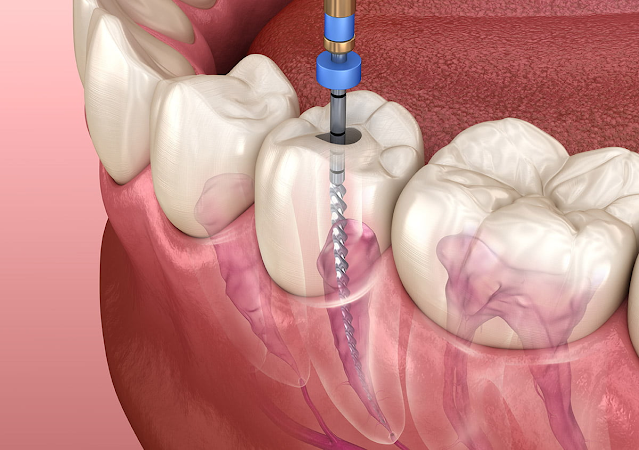Endodontic procedures
are a critical aspect of modern dentistry, aimed at saving teeth afflicted with
severe decay or infection. At the heart of these treatments lies the meticulous
use of root canal files, essential tools that enable dentists to clean, shape,
and disinfect the intricate root canal system. Mastering endodontics requires
not only technical skill but also a deep understanding of how to harness the
power of root canal files effectively.Root
Canal Files
Root
Canal Files are slender, flexible instruments
specifically designed to navigate the complex anatomy of the root canal system.
Made from materials such as stainless steel or nickel-titanium alloy, these
files come in various shapes, sizes, and tapers to accommodate different tooth
morphologies and treatment scenarios. Their primary function is to remove
diseased or damaged tissue from within the root canal while preserving the
tooth's structural integrity.
Proper diagnosis and
treatment planning are paramount in successful endodontic procedures. Before
utilizing root canal files, dentists must thoroughly assess the patient's
dental condition, including the extent of decay or infection, presence of
anatomical variations, and any associated risk factors. This comprehensive
approach ensures that the treatment strategy is tailored to the individual
patient's needs, maximizing the chances of a favorable outcome.
Once the treatment plan
is established, the precise use of root canal files is crucial for achieving
thorough cleaning and shaping of the root canal space. During the procedure,
the files are carefully inserted into the canal and rotated in a series of
motions to remove debris, bacteria, and necrotic tissue. Additionally,
irrigation solutions are used to flush out debris and disinfect the canal,
further enhancing the effectiveness of root canal file instrumentation.
Advancements in
endodontic technology have led to the development of innovative root canal file
systems that offer enhanced flexibility, durability, and cutting efficiency.
These systems incorporate features such as variable taper designs, heat-treated
alloys, and advanced surface coatings, allowing for more predictable and
efficient root canal preparations. By staying abreast of these technological
advancements, dentists can continually refine their skills and improve
treatment outcomes for their patients.
Mastering endodontics
requires a comprehensive understanding of root canal files and their role in
achieving successful treatment outcomes. Dentists must possess both the
technical expertise to use these instruments effectively and the diagnostic
acumen to develop personalized treatment plans tailored to each patient's
unique needs. By harnessing the power of root canal files and staying abreast
of the latest advancements in endodontic technology, dental professionals can
provide their patients with the highest standard of care, ensuring optimal oral
health and well-being.

